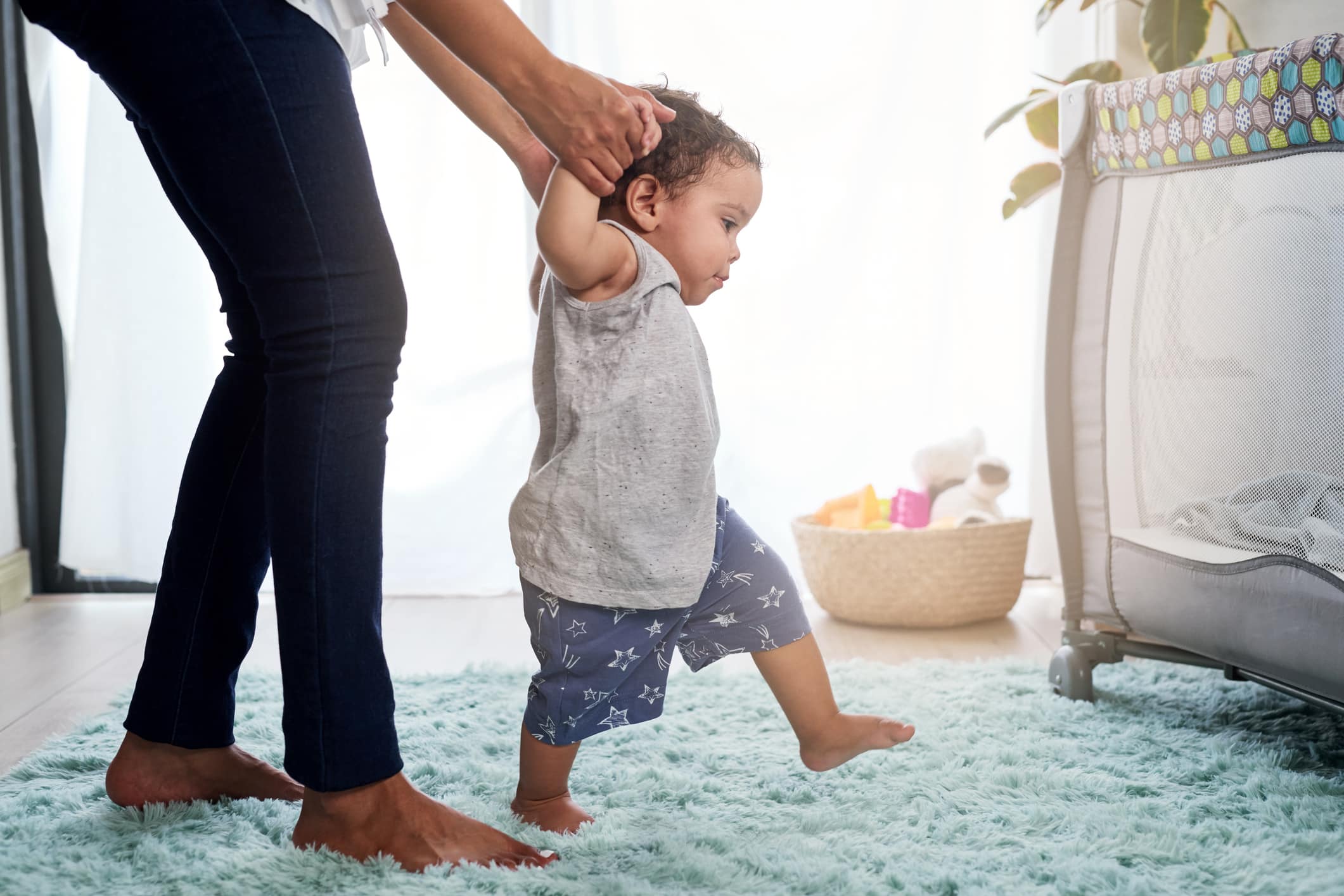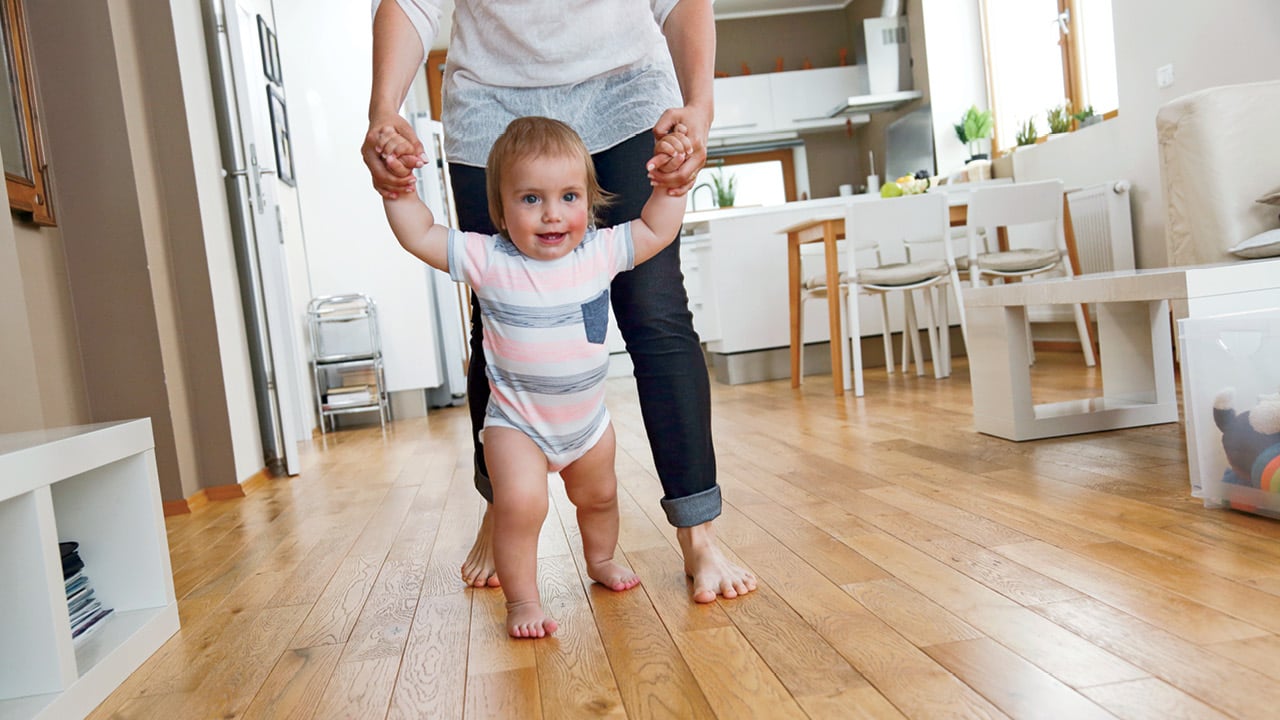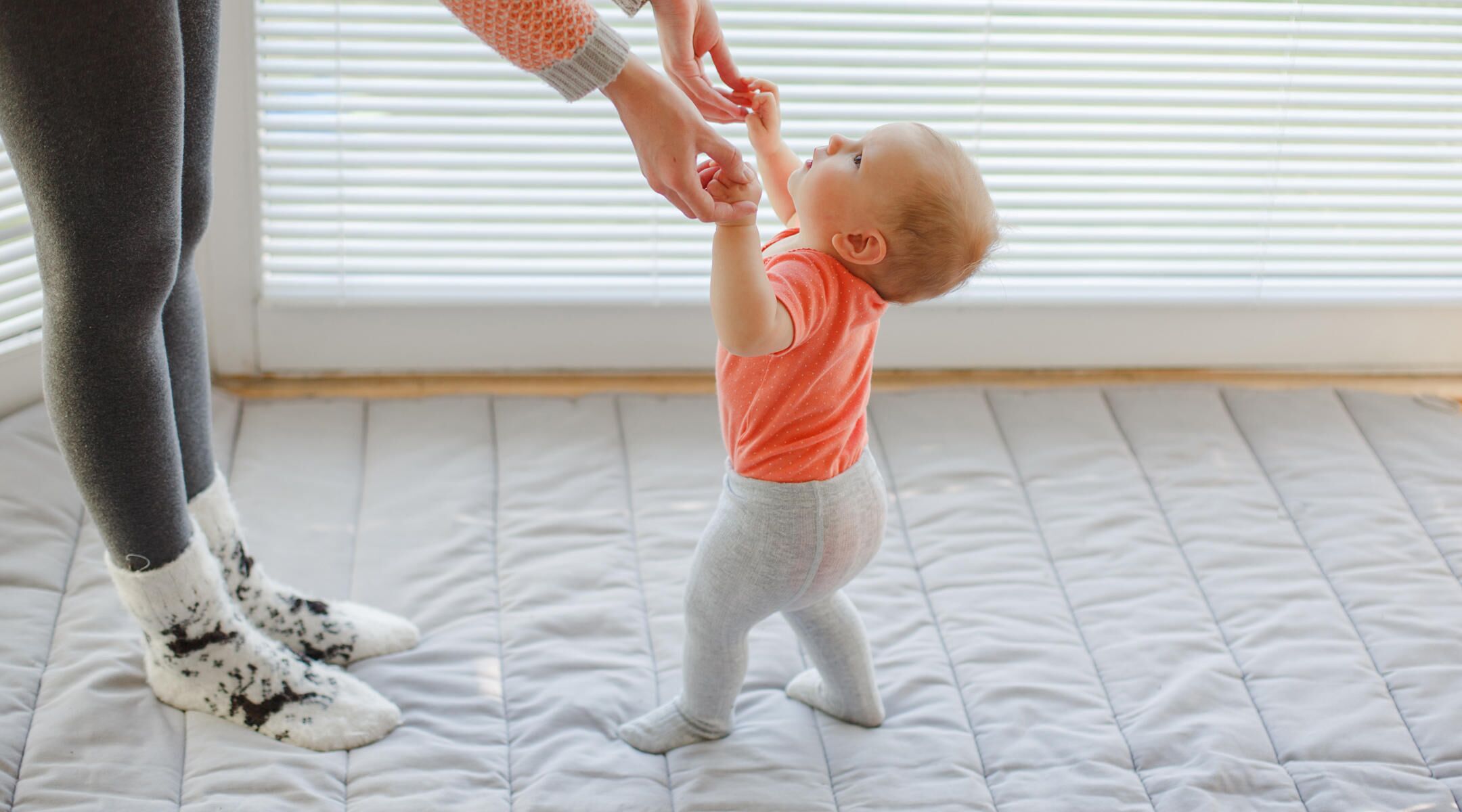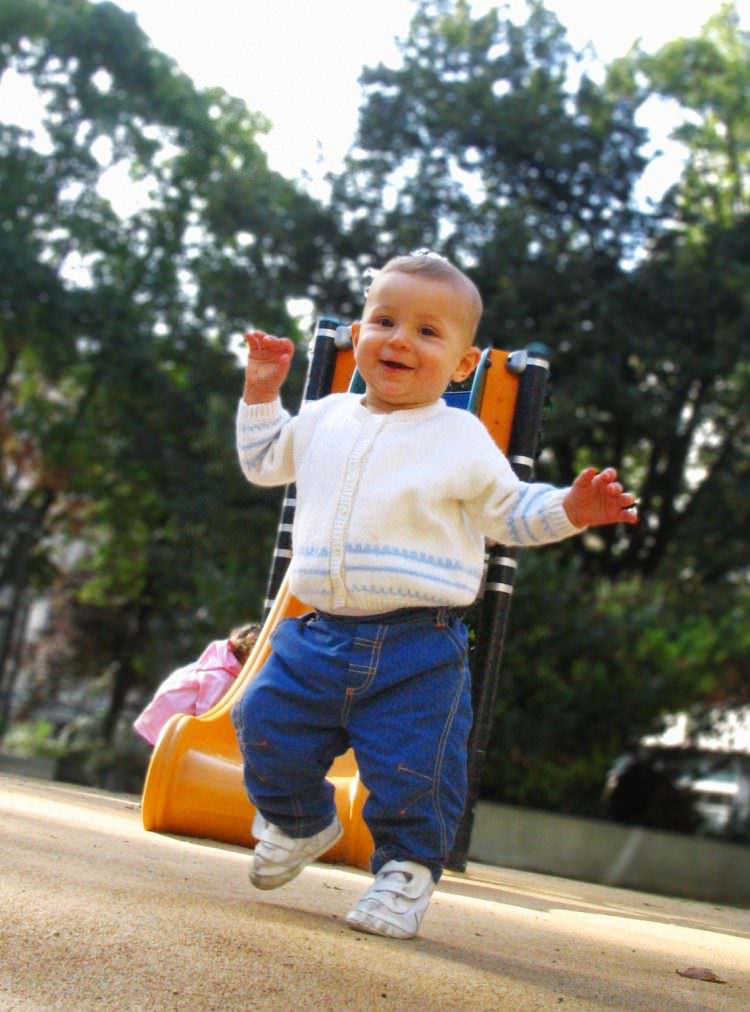When The Baby Start Walking
When The Baby Start Walking - It's a moment that every parent eagerly awaits - the first steps of their baby. Watching your little one take their first steps can be a heartwarming and exciting experience. But when do babies start walking? This is a question that many parents ask. The truth is that every child is different, and there is no set timeline for when a baby will start walking.
What Factors Affect When Babies Start Walking?
Physical Development
One of the biggest factors that affect when babies start walking is their own physical development. Babies need to develop the strength and coordination necessary to stand and walk on their own. This process can take a different amount of time for each baby.

Genetics
Another factor that can affect when babies start walking is genetics. Some babies may inherit physical traits from their parents that make it easier or more difficult to learn how to walk.

Environment
Finally, the environment in which a baby grows up can also have an impact on when they start walking. Babies who are given more opportunities to practice walking, such as a safe, open space to move around in, may start walking earlier than those who are not given as many opportunities.

When Do Most Babies Start Walking?
The Timeline of Learning to Walk
Most babies will take their first steps between 9 and 12 months of age. However, it's important to remember that this is just an estimate. Some babies start walking as early as 6 months, while others may not take their first steps until they are 18 months or older.

Developmental Milestones to Look for
While there is no exact timeline for when a baby will start walking, there are certain developmental milestones that parents can look for to see if their baby is on the right track. These milestones include:
- Sitting up without support
- Crawling
- Pulling up to stand
- Cruising (walking while holding onto furniture)
If your baby has reached these milestones, it's likely that they will start walking soon.
Tips for Encouraging Your Baby to Walk
Give Them Plenty of Opportunities to Practice
One of the best ways to encourage your baby to start walking is to give them plenty of opportunities to practice. Make sure they have a safe, open space to move around in, and encourage them to pull themselves up and stand on their own.

Use Toys as Motivation
Toys can also be a great motivator for babies who are learning to walk. Use toys that encourage movement and exploration, such as balls, push toys, and activity centers.
Offer Support and Encouragement
Finally, it's important to offer your baby plenty of support and encouragement. Hold their hands as they practice standing and walking, and praise them for their efforts.
When to Be Concerned
When Your Baby Isn't Walking By 18 Months
While every baby develops at their own pace, it's important to be aware of certain signs that may indicate a developmental delay. If your baby is not walking by 18 months of age, it's a good idea to talk to your pediatrician. They can help assess your baby's development and recommend any necessary interventions.
When There Are Other Developmental Delays
If your baby is experiencing other developmental delays, such as delayed speech or motor skills, it's important to speak with your pediatrician. They can help determine if there is an underlying condition that is causing the delays and recommend any necessary treatments or therapies.
Conclusion
Learning to walk is a major developmental milestone for babies, and it's one that parents eagerly anticipate. While there is no set timeline for when babies start walking, it's important to be aware of the developmental milestones that indicate your baby is on the right track. By offering plenty of opportunities for practice and encouragement, you can help your baby take those first steps with confidence.
Find more articles about When The Baby Start Walking
Post a Comment for "When The Baby Start Walking"